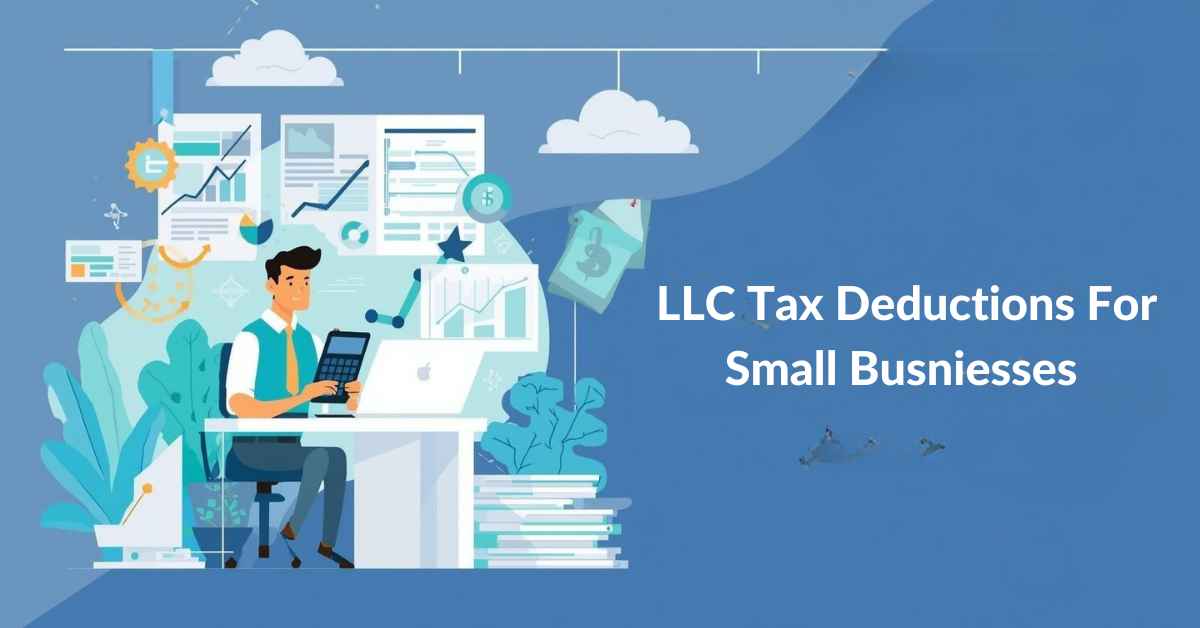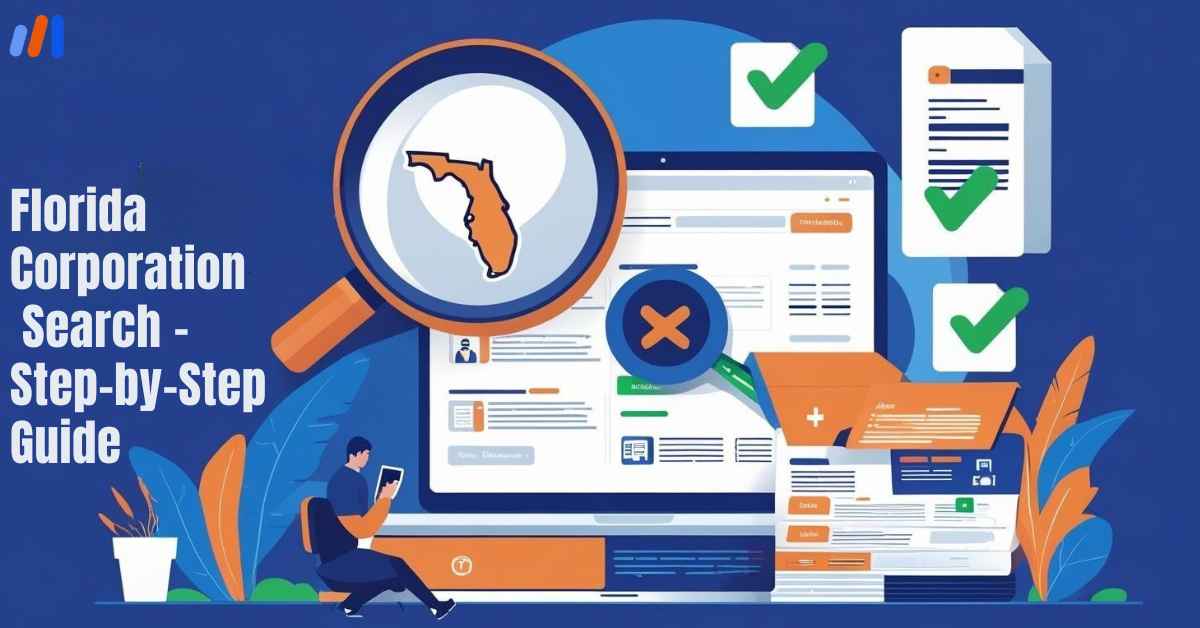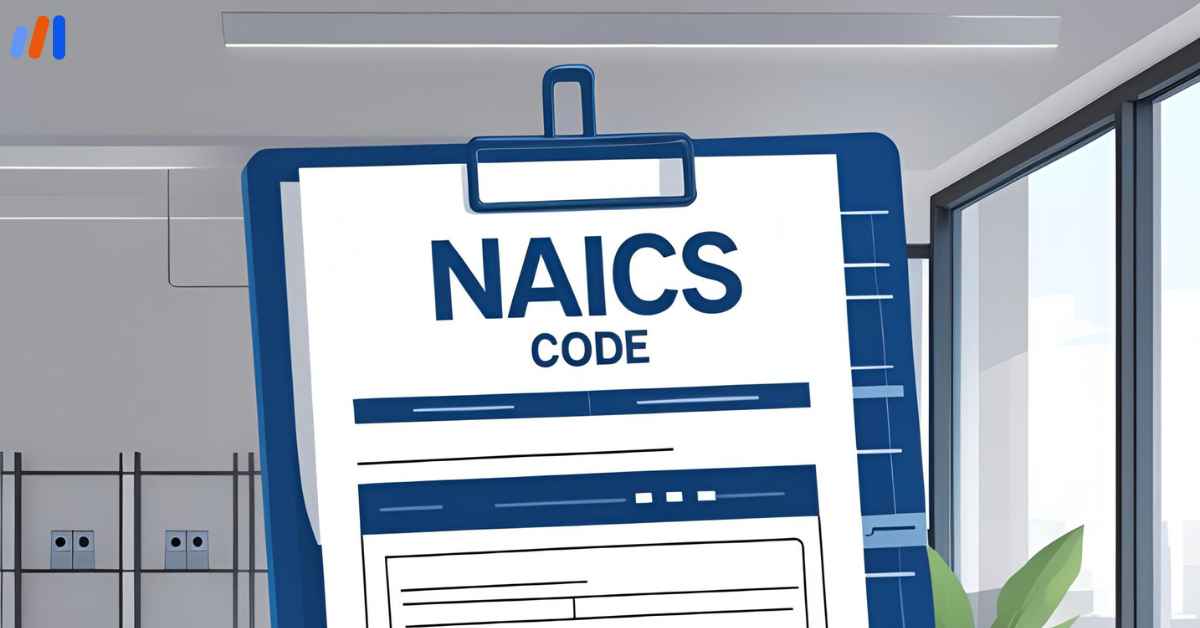When running an LLC in the United States, tax obligations come with the position, but knowing the LLC tax deductions responsibility of small business owners is vital for keeping more money in your pocket, as every dollar saved can be used for business expansion, as well as for employing new workers or enhancing product and service offerings.
Tax deductions and tax credits are not only a privilege of large business entities; small business LLCs in any category can also benefit from a lower tax liability legally. The most essential step is knowing what is out there, keeping organized, and working within the limits established by the IRS.
How LLC Taxes Work (Simple Overview)
Most LLCs are what is known as a “pass-through” entity, meaning there is no payment of federal income tax by the business itself. Profits and losses are reported on the owner’s tax return, where they are taxed individually, just like any other income.
Deducting every expense legitimate for your business will reduce your income within the taxable income, and reduce the overall amount of tax that can be owed. Deductions lower your income before taxes are set, as credits lower the taxes owed by dollar-for-dollar.
Tax deductibles for LLC small business owners are on every level of industry, business scale, and level of income level.
Common Tax Deductions Available to Small Business LLCs
Operating Expenses
The most common operational expenditures are what set the letter of the law for what can be subtracted from overall profits. You should be able to deduct some portion of furniture, office rent, utility bills, software, internet, and computer equipment. IRS states unordinary and unheard of expenses can be claimed; however, most expenses in this area are deductible.
Start-Up Costs
Pre-operating expenses are compensated from the LLC’s profits since most Owner/Managers work in the business without a salary for the first year. Expenses incurred during the year when the business starts operational activities can be deducted, as the IRS allows to deduction of expenses of the first operational year for newly registered LLCs. Some example expenses are business registration, advertisement in the business’s first legal year, legal fees to establish the limited liability company, and market research.
Home Office Deduction
If the business is registered in your home state and you conduct business activities from your home, you can deduct considerable amounts. You are required to designate that part of the home exclusively and regularly for business activities. You are then able to deduct part of your expenses as rent, home loan interest, utility bills, insurance for the property, and upkeep of the property based on the home office portion of the area.
Business Vehicle & Travel Expenses
If you are a business owner and you have a car registered under your company’s name, you have the opportunity to deduct certain expenses on your business’s tax return. Any business expenses incurred on your business-owned vehicle, such as driving to client meetings, attending conferences, or going on business trips to acquire business supplies, are all deductible. Taxpayers can choose to keep track of their actual driving expenses or use a standard mileage rate set and allocated by the IRS.
Other expenses incurred on business trips, such as hotel and airfare, meals, and transport, such as business-related rental cars, are also deductible.
Marketing and Advertising
Advertising and promoting your business, in any form or variation, is a deductible expense. This is true for both traditional advertising and promotion in digital channels. Your business’s expenses on website creation and development, any advertising you do on social media, as well as any email marketing platform that you invest in, and all promotional tools to market your business are all explicit advertising and marketing expenses.
Marketing expense also includes logo design, business cards, and signage expenses, marketing consultation and content creation services, and marketing tools that you acquire for business purposes.
Equipment & Technology Purchases
Expenses incurred in the business can also be deducted for technologies and equipment like computers, business-related machinery and tools, and office furniture that are necessary in the carrying on of your business. Under Section 179, a lot of businesses can deduct the full write-off of the acquisition cost of qualifying equipment in the year the equipment is bought.
Technology expenses such as subscription services for software, services that provide business cloud storage, and other platforms for managing projects are all deductible expenses incurred for your business.
Professional Services
Expenses paid under the aforementioned professions are fully deductible. Also, these expenses are pre-tax since they lower your taxable income.
Important Tax Credits Small Business LLCs May Qualify For
Credits for Hiring
There are different tax credits aimed at encouraging businesses to expand their workforce or hire employees from certain target groups. Unlike simply making income tax lower, these credits reduce your tax bill. Some of these credits are given for hiring employees from certain economically distressed areas or employees from certain protected groups, or for hiring veterans.
Energy-Related Credits
Tax credits are available for businesses that incur expenses related to the purchase of certain renewable energy systems, energy-efficient equipment, or electric vehicles. Your LLC might qualify for those credits by incurring expenses related to the installation of energy-efficient solar panels by upgrading to energy-efficient HVAC systems, or by the purchase of electric vehicles for your business.
Health or Employee Support Credits
There are credits available to small businesses that incur expenses related to providing health insurance or other health benefits to their employees. These credits help to alleviate the burden of offering competitive benefits packages to small LLCs.
Recordkeeping Essentials
Claiming LLC tax deductions requires small business owners to have thorough recordkeeping and bookkeeping. The IRS will require you to back up every deduction with sufficient documentation, such as receipts and invoices.
The modern era of accounting software is witnessing unprecedented advancements. These solutions automate transactional categorizations, allow users to store digital copies of receipts, and create reports with just a few clicks. To comply with tax regulations, you need to be organized and accurate: Document every cent you receive and every cent you send with a separate bank account for your business. Document your receipts and other legal documents and store them for three years.
Common Mistakes to Avoid
The most common practice is forgetting to record all deductibles. These are even small, yet recurring ones, like subscription software and mileage, which total to a few hundred bucks.
Another is forgetting to separate bank accounts and expenses. Remember to keep your business financial transactions and record-keeping separate to avoid complications and confusion.
Missing out on filing is the most common reason one would have to deal with the IRS on audit day. If you don’t have receipts and documents, to the IRS, there are no expenses, and they can cut out the deductibles, charge you taxes, and impose a penalty fee.
How EasyFiling Can Help with LLC Tax Deductions for Small Businesses
While you can get the full EasyFiling experience by claiming all the LLC tax deductibles small business owners can claim, you don’t have to stress about getting all the deductibles. EasyFiling offers a full experience with tax filing, specifically designed for small business owners.
EasyFiling has made the process for receiving tax benefits stress-free. EasyFiling walks you through the process, showing victims of any type of tax fraud the deductions you could qualify for, as well as helping you with the process of preparing your taxes. They employ tax professionals, meaning you need not worry about the most current regulations because EasyFiling will have dealt with them.
When to Seek Professional Support
EasyFiling will have all its software and experience to help you and your business if you need tax help due to business complexities. If you added employees, expanded to multiple locations, or are not sure of the legal deductions, they will help you in all of these areas, so they will make running your business easier.
Tax professionals will see what possible deductions you could overlook, act on your behalf should issues come up with the IRS, and offer around-the-year strategic advice. Having to spend money on tax services will also be a percentage of tax-deductible business expenditures.
Conclusion
Knowing and using the various deductions that the IRS allows small business owners to take on an LLC is one of the most effective things you can do for your bottom line. There is a great deal of savings available that you can claim because you’ve earned it, which range from everyday operating costs to specific tax codes.
The most impact will result from being organized, having good files, and being up to speed on the deductions/credits available. Review your expenses regularly, make sure they are being tracked properly, and don’t be afraid of getting lost in the complexities of it to get some guidance from pros.
File Your LLC Today
25$ off with a coupon
Lock in EasyFiling's transparent rates and get lifetime compliance support at no extra cost.
Get Started Now







